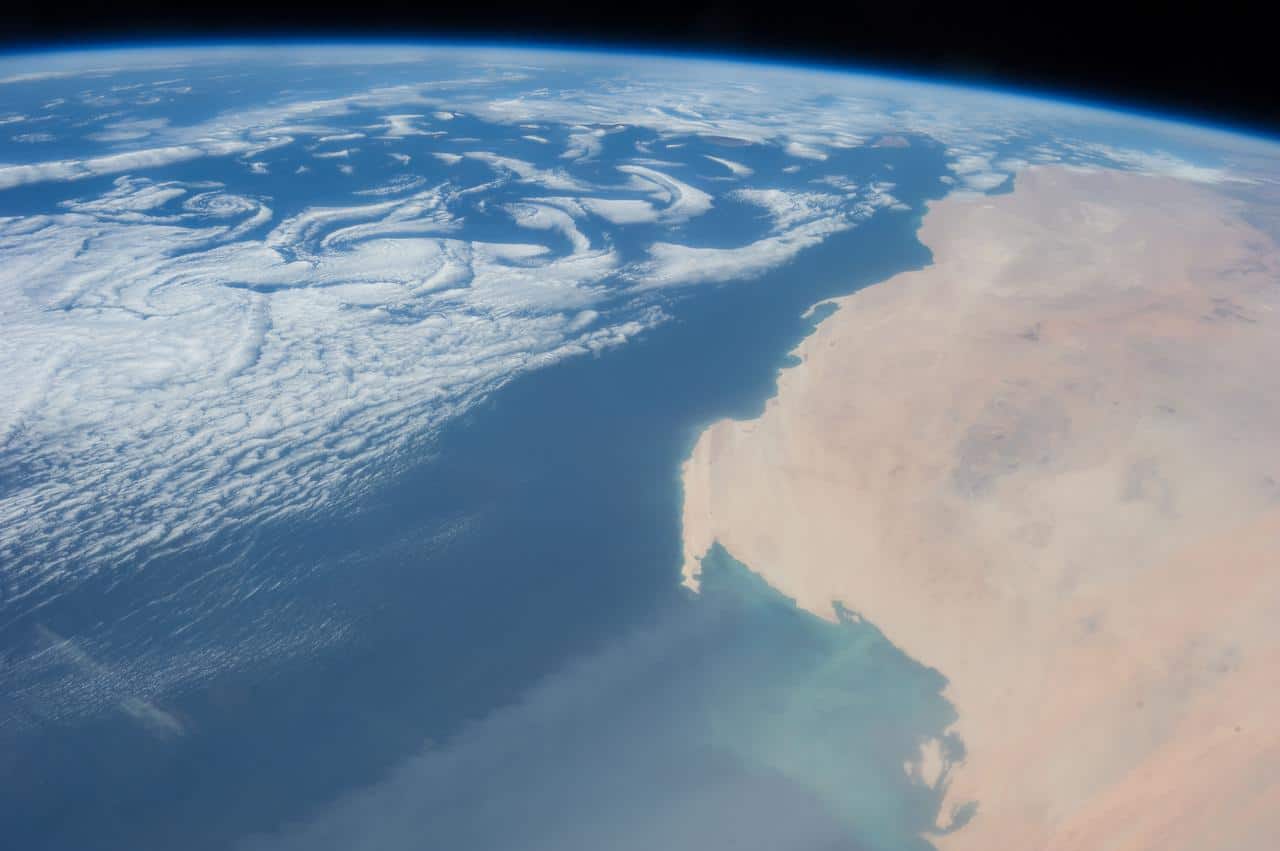
Students Garner NASA FINESST Awards
Many students in the U-M Department of Climate and Space have been selected to receive the competitive NASA FINESST award in 2024.

Many students in the U-M Department of Climate and Space have been selected to receive the competitive NASA FINESST award in 2024.
Students across the U-M Department of Climate and Space have been selected to receive the competitive Future Investigators in NASA Earth and Space Science and Technology award to support their research proposals. Their projects range from research into the Earth sciences, planetary sciences and the heliosphere.
Congratulations to the award recipients:

“Coupled Fluid-Kinetic Simulations Of Mercury’S Dynamic Nightside Magnetosphere”
Student: Alexander Cushen
Advisor: Xianzhe Jia

“The Effects of Atmospheric Asymmetries on Europa’s Magnetic and Plasma Environment”
Student: Mitchell Indek
Advisor: Xianzhe Jia

“The Impact of Storm-Time Ionospheric Density Structures on Ion Upflow Flux”
Student: Grace Kwon
Advisor: Shasha Zou

“Leveraging Global Precipitation Measurement Mission Assets to Evaluate Atmospheric River Snowfall Properties”
Student: Jack Richter
Advisor: Claire Pettersen
NASA invites proposals each year from accredited U.S. universities and other eligible organizations for these graduate student-designed and performed research projects, which contribute to the Science Mission Directorate’s goals in science, technology, and exploration.
The graduate student takes the primary initiative to define the proposed FINESST research project and they become the primary author, with input or supervision from the proposal’s Principal Investigator (PI) , mentor or advisor, as appropriate. Each proposal presents a well-defined research problem or activity and a justification of its scientific significance to NASA.
The FINESST awards include research grants for up to three years and up to $50K per year. It is a very competitive program, with only a fraction of applicants being selected to participate from each scientific division.